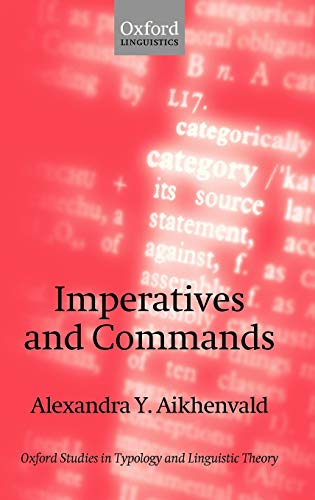The central research objective of the dissertation is to assess the suitability of Social Responsible Investments (SRIs) as well as alternative investments for the strategic asset allocation of German Pension Insurance Funds (Pensionskassen). Using a Vector Error Correction model, we estimate the data generating process of the underlying input variables. A bootstrap simulation allows generating future return paths of the underlying portfolios. These return distributions will subsequently be used as input for different asset allocation strategies.The empirical results of our research study offer valuable conclusions: (1) SRI-structured portfolios consistently perform better than conventional portfolios, (2) including alternative investments has a beneficial effect on the risk-return distribution and (3) derivative overlay structures mitigate downside risk exposure without impacting average fund performance. In terms of alternative allocation models, (1) high-equity portfolios lead to an increase in return volatility without sufficiently compensating investors with higher returns, (2) hedging against price increases by engineering a portfolio with inflation-suitable assets yields mixed results, (3) a portfolio composition that combines derivative overlay strategies for both equities and corporate bonds and uses SRI-screened assets as underlying generates the best results.












